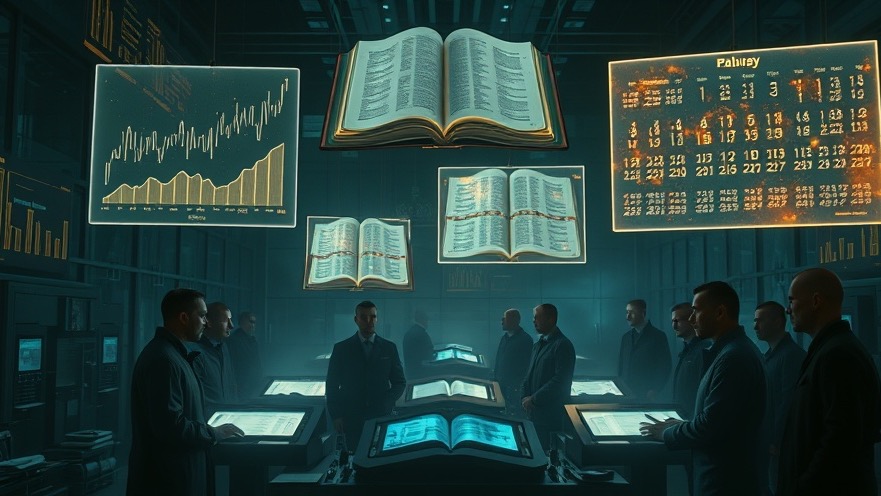
Are Date-Setters Undermining the Gospel's True Message?
In recent discussions among Spirit-filled Christians and prophetic believers, a question has ignited fervent debate: "Are date-setters wrecking the gospel?" This inquiry, propelled by influential voices such as Jonathan Cahn, suggests that the preoccupation with predicting the exact timing for divine events could be detracting from the essence of the gospel message itself. As believers committed to spiritual revival and truth-seeking, we must examine the implications of setting dates and the broader threats it poses to our faith and mission.
In 'Are Date-Setters Wrecking the Gospel?', the discussion dives into the implications of date-setting, exploring key insights that sparked deeper analysis on our end.
The Historical Context of Date-Setting
Historically, date-setting has plagued Christianity with controversy, from the Millerite movement in the 19th century to contemporary predictions of end times. These instances often lead to disillusionment among followers and could paint faith in a negative light. As Alan Didio points out, every failed prophecy feeds skepticism and erodes trust. When prophetic declarations are tied closely to specific dates, they risk becoming distractions that deviate from the core message of hope and salvation found in Christ.
What This Means for Today's Believers
For charismatic Christians and apostolic leaders, understanding the ramifications of date-setting is crucial. If our focus shifts from personal transformation and community revival to speculative timelines, we may find ourselves detached from the very power that should drive our faith. Instead of watching for signs as a means to prepare our hearts, we can become consumed with anxiety, waiting for a moment that may never arrive.
Counterarguments: The Case for Prophetic Predictive Insights
While some argue strongly against date-setting, it's worth considering the role of prophetic insights in encouraging perseverance and preparedness. Prominent figures like Kris Vallotton and Joseph Z emphasize the necessity of being aware of the signs of the times while maintaining a posture of humility. However, they caution against rigid predictions that can lead to disappointment and doubt rather than inspire faith and action.
Encouraging Spiritual Connection Over Calculated Predictions
It’s vital for believers to focus on cultivating their relationship with God and engaging with His Spirit. Strengthening our individual and communal prayer life can bridge the gap created by date-setting distractions, offering a practical alternative. Rather than anxiously counting down to a specific date, we should immerse ourselves in the presence of God, fostering authentic connections that ignite our purpose within the greater narrative of redemption.
Concluding Thoughts: Reviving Hope Without Defining Timelines
We must remember that while prophetic insights can guide us, they should never dominate our faith. As discussions around the implications of date-setting continue to unfold, let us prioritize spiritual warfare and personal breakthrough, centering our faith on Christ’s salvation rather than on speculative timelines. In doing so, we align ourselves with God’s purposes, paving the way for true revival and reformation in our communities. What steps will you take today to root your faith in the present rather than anxious predictions of the future?
 Add Row
Add Row  Add
Add 




Write A Comment